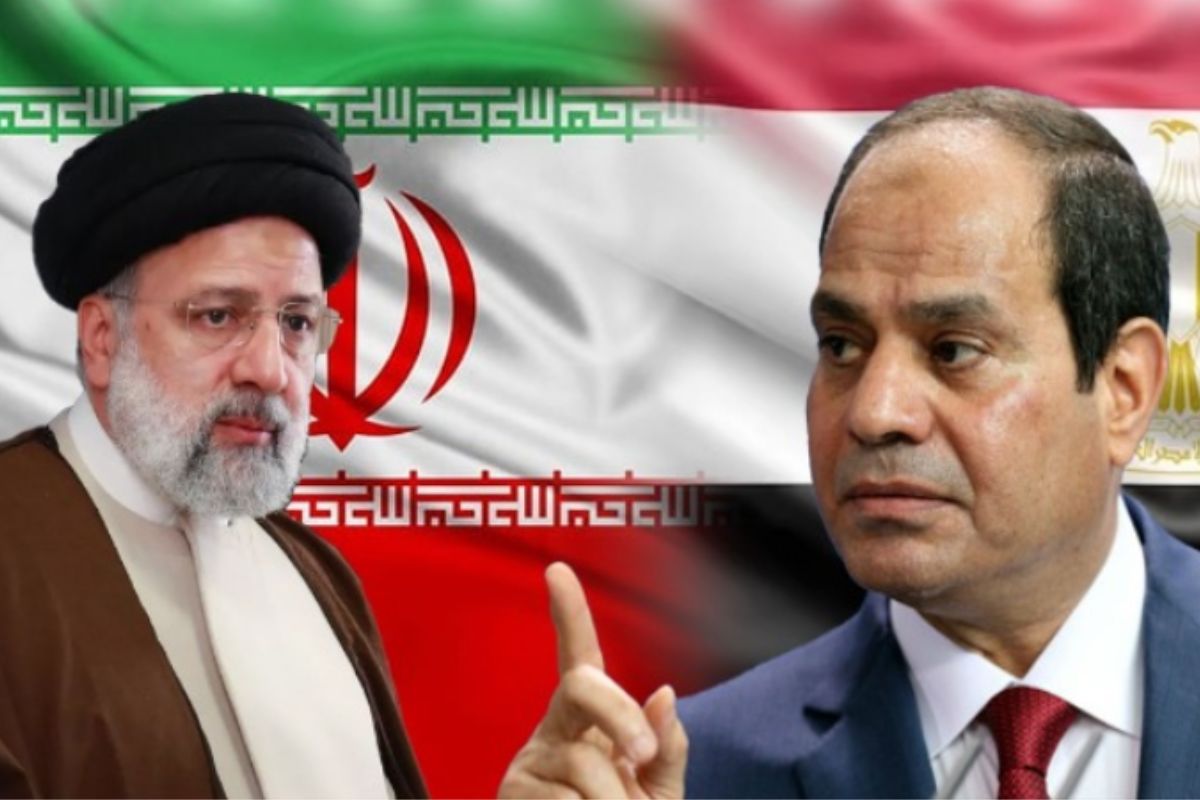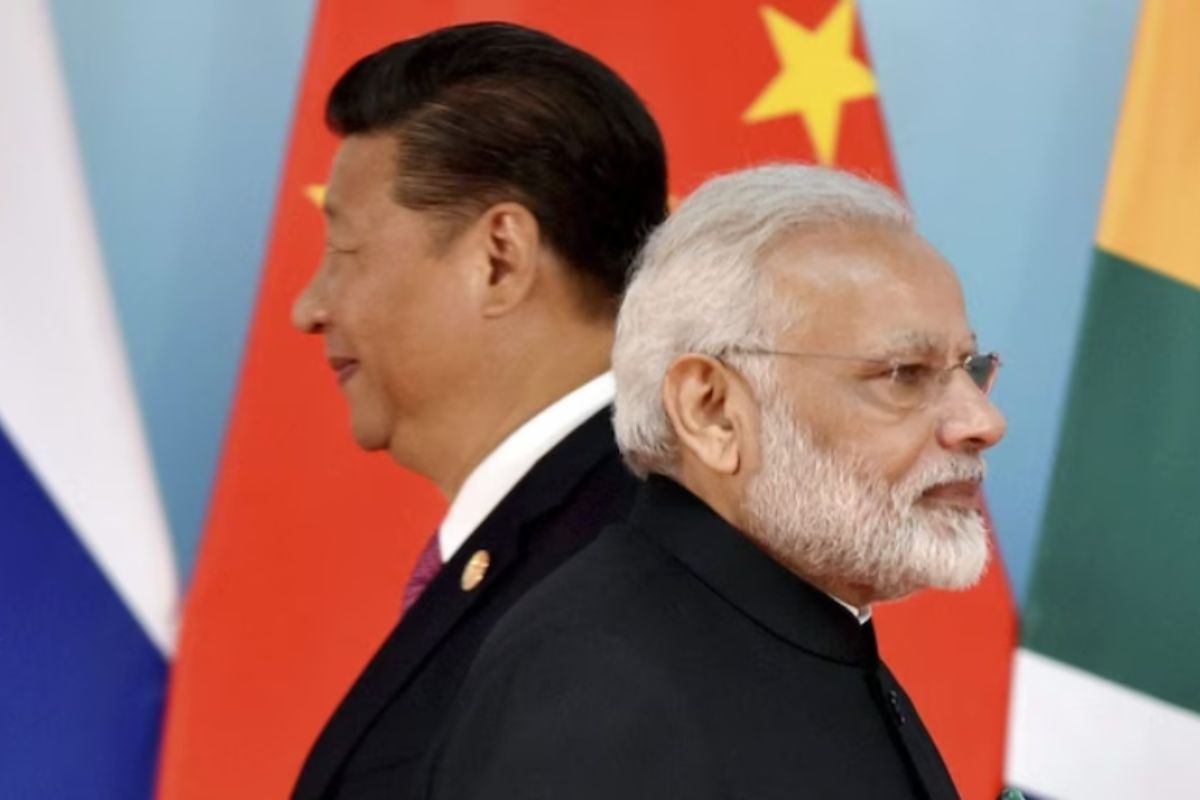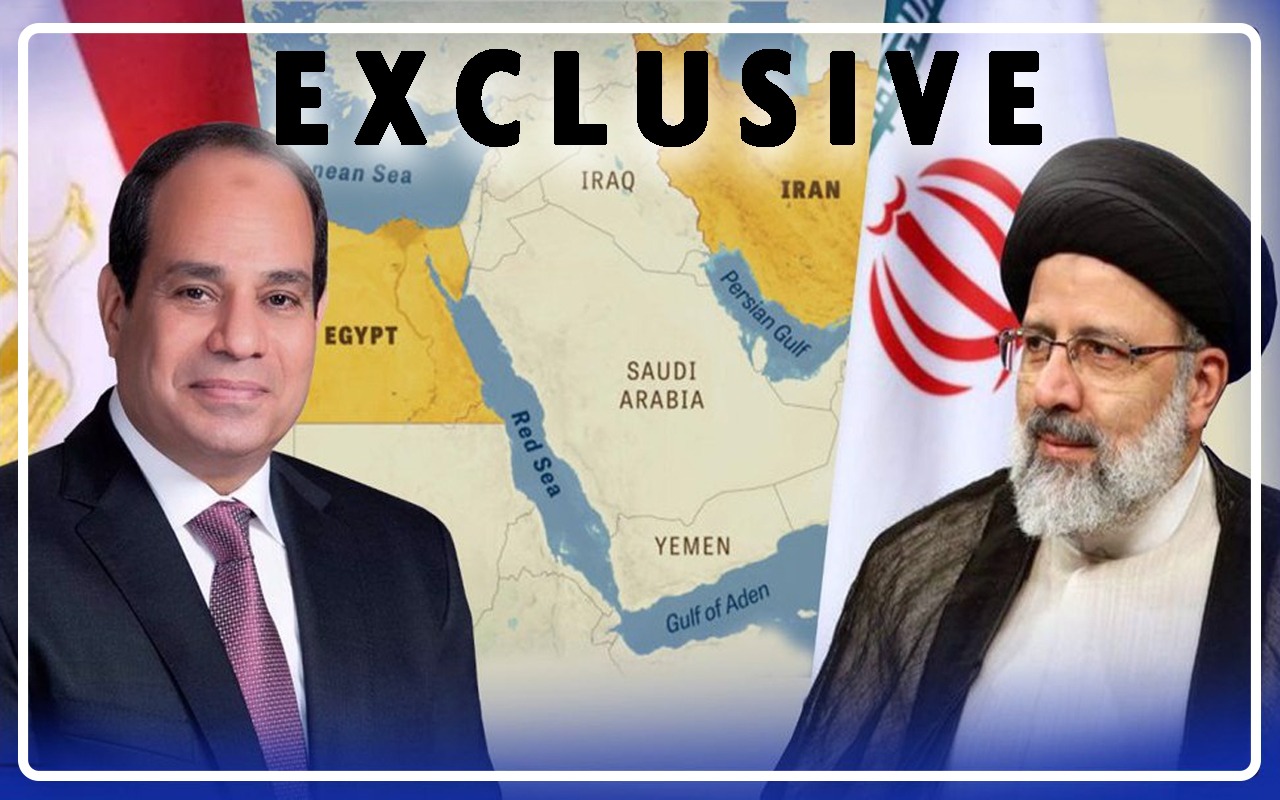NEW DELHI: The BRICS group, a crucial platform for emerging markets and developing nations, has formally embraced five additional members: Egypt, Iran, Saudi Arabia, Ethiopia, and the UAE. Their inclusion became effective on January 1, 2024, signifying a noteworthy expansion for the coalition initially established by Brazil, Russia, India, China, and South Africa. This expansion follows multiple membership appeals in recent years, underscoring the increasing significance and sway of the BRICS group. The Johannesburg Summit in August 2023 officially invited the five new members to join, acknowledging their economic potential and strategic importance in their respective regions.
During an exclusive interview with The New Indian, Amr Adly, Assistant Professor of Political Science at the American University in Cairo and author of ‘Cleft Capitalism: The Social Origins of Failed Market Making in Egypt,’ delved into the economic repercussions of the Gaza war on Egypt, the dynamics among Middle Eastern nations within the BRICS bloc, and the billion-dollar debate regarding the potential leader of the Global South between India and China.
Historical Regional Differences Within Middle East:

The Middle East, comprising nations like Saudi Arabia, Iran, and the UAE, has a past marked by regional disparities that have contributed to their unique identities. Iran and Saudi Arabia have engaged in a proxy rivalry for supremacy in the Middle East and other Muslim areas, often likened to a modern cold war. This conflict extends across multiple facets, including geopolitics, economics, and sectarian influence, resulting in fractures in global alliances and perpetuating ongoing conflicts in the region.
Also Read: Why Egypt chose BRICS over individual bilaterals? Cairo expert explains | EXCLUSIVE
Egypt, which is a part of the Middle East and North Africa (MENA) region, has strained relations with Iran since the Islamic Revolution of 1979 and the subsequent peace treaty with Israel. Diplomatic ties between the two nations were cut in 1980 when Egypt granted asylum to the ousted Shah of Iran. The Shah resided in Cairo until his demise in 1980, where he was laid to rest.
However, according to Tehran’s Tasnim news agency, Iran now hopes to restore diplomatic ties with Egypt, after a 40-year hiatus. “Talks have been promising thus far, and both countries are on a good path to overcome their differences and to soon open a new diplomatic chapter,” Iran’s foreign ministry spokesman Nasser Kanaani was quoted as saying by the agency.
Also Read: BRICS membership cure-all for Egypt’s economic woes? Cairo expert explains | EXCLUSIVE
Explaining whether Saudi Arabia, Iran, Egypt, and the UAE can collaborate effectively within BRICS, Adly said, “The UAE, Saudi Arabia, and Egypt have loosely aligned themselves. While there are minor differences, they have generally collaborated. The key consideration is Iran, whose regional standing has notably strengthened in the last three to four years, partly due to closer ties with Russia and China. This alliance appears to be a strategy to counterbalance the influence of the US.
“I see this as an interesting situation, as Saudi Arabia and the UAE are now actively seeking to broaden their alliances. So, Saudi Arabia restored diplomatic ties with Iran through an unusual Chinese mediation, a departure from traditional Chinese diplomatic practices. Therefore, this unforeseen development makes it clear that things may change.
“The UAE and Saudi Arabia have thrown themselves quite closer to Russia during the Ukraine conflict, particularly concerning the regulation of global oil prices, moving away from dependence on the US and other oil-importing nations. However, their chances of effective collaboration are still marked by high uncertainty and might require reaching some kind of an arrangement within the region.”
Impact Of Gaza War On Egypt’s Economy:

According to a UN study, the Israel-Hamas conflict has the potential to cost Lebanon, Egypt, and Jordan at least $10 billion, pushing over 230,000 people into poverty. IMF Managing Director Kristalina Georgieva stated that, apart from Egypt, other economies in the Middle East are also likely to be adversely affected.
The war has already disrupted trade and global crude oil supply in the region, with over 20 per cent of the world’s crude supply coming from West Asia. In the future, the ongoing conflict may lead to a significant increase in crude oil prices, possibly reaching $150 per barrel, and result in higher food and energy prices, creating a dual shock for global commodity markets.
Also Read: Dangers of downplaying Houthi menace in Red Sea
Speaking of how the Gaza conflict is affecting the economies of both Egypt and the broader Middle East, he said, “In the immediate term, Egypt is facing negative impacts from the war, particularly in the Red Sea, affecting tourism and potentially impacting Suez Canal revenues. The Suez Canal revenues are a very important source of foreign currency earnings. So, this may lead to economic challenges. In the medium to long term, it adds instability to an already unstable region, potentially affecting standards of living and requiring increased resources for security and armament.”
Who’s Leader Of Global South?

For over 10 years, China has actively sought the favour of developing nations disenchanted with the Western powers. China’s ascent from poverty served as an inspiration, and in its defiance of the postwar order, particularly with its emphasis on global development through trade, loans, and infrastructure initiatives, it provided substantial financial assistance to poor countries.
However, China is now facing a rival in the race to guide the so-called “Global South” from another major Asian player. A newly confident India is positioning itself as a distinctive leader for developing nations – one that holds significant importance and is better situated than China in an evolving world to compel the West to change its practices.
India, while leading the G20, gave a voice to the Global South nations and amid the pandemic, distributed COVID-19 vaccines globally to extend a hand of humanity, when other nations were engaged in “vaccine diplomacy”, several leaders of the Global South said at the ‘India-UN for Global South: Delivering for Development’ event held in New Delhi in September 2023.
Also Read: Are BRICS nations eyeing common currency in 2024?
The gathering included representatives from the UN and Foreign Ministers spanning Asia, Africa, Latin America, the Caribbean, and Small Island States, who commended India for being a “stalwart leader” advocating the interests and concerns of developing nations on the international stage.
Addressing the debate of whether India will emerge as the leader of the Global South within the BRICS+, the professor said, “I think that India’s proximity to the Global South is more authentic due to its genuine position within the Global South, unlike China, which is considered too large for the category. China knows that being economically powerful connects it with the Global South, but this creates many problems.
Also Read: A chilling chronicle of Hamas’ unprecedented sadism on Israel | EXCLUSIVE
“India has a point in saying that they resemble Africa and Latin America more than the Chinese. However, China’s economy ties all countries together. So, despite India having strong economic relations with China, finding its place in a world dominated by China is challenging. India seems to be choosing between aligning with China or the West in a counter-hegemonic globalisation project.”











